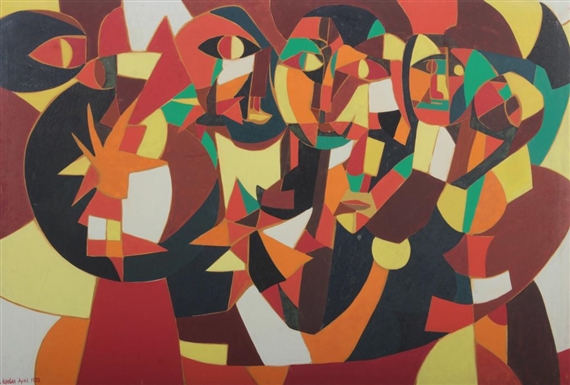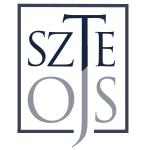In the tangle of identity: Within and without democracy and education
DOI :
https://doi.org/10.14232/kulonbseg.2014.14.1.161Résumé
The paper reconstructs John Dewey’s idea of democracy. Dewey’s idea highlights the fact that the concept of democracy needs to be reinterpreted ethically in today’s globalised world. The basic problem of globalised economic and technological tendencies is that they open up the virtual meeting of subcultures more and more. This works against the traditional validity of communal habits and replaces cornerstones of identity construction one could rely on as a member of a community in the past.
Dewey’s theory of education and society offers a useful response to such changes. It posits the openness of democracy as the measure of individual development: in open democracies real possibilities of communal life open up for the individual without limiting it by the habits of closed communities. The application of Dewey’s model of democracy in a postmodern context highlights the importance of education. Education should focus on social effects of intersubjectivity, in other words, education should maximize the development of individual skills in order to match it by the multiple perspectives of democracy on the level of social organization.






